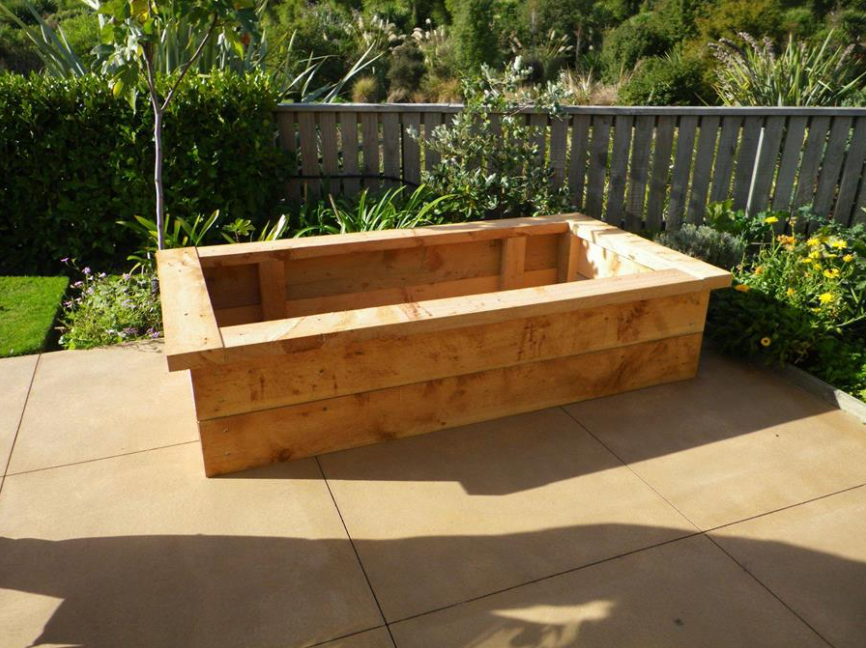
Vegetable Rising
Down at CERES Propagation, farm manager, Meg and her team are beginning to bring their 20+ varieties of heirloom tomatoes out of the poly tunnels to harden off ready for planting.
As Meg’s rouge de marmande and yellow cherry pear seedlings reach skyward to the spring sun a corresponding urge to garden rises among the good people of Melbourne.
In gardens across the city weeds are pulled, compost piles turned and drills buzz as raised veggie beds made of the ubiquitous macrocarpa sleepers are screwed together.
If you’ve ever travelled through the rolling dairy country of South Gippsland you might have seen rows of pine-tree like macrocarpas running down fence lines filled with families of magpies.
Macrocarpa or Monterey Cypress originally came from California. Farmers wanting to protect calves and lambs from southerly gales found the fast growing tree with its thick dark green foliage made for a sturdy windbreak.
Macrocarpa can grow for well over 100 years but as they age they often fall victim to cypress canker – the old trees lose branches and their canopies open up letting through the cold winds .
The only cure is removal. These days more and more macrocarpa windbreaks are being replaced by native plantings.
Back in the day a tired macrocarpa would be bulldozed into a pile and burned, but with the advent of portable chainsaw mills a cottage industry has grown up salvaging macrocarpa logs.
Macrocarpa timber is reasonably durable, easy to work with, doesn’t require drying and has a lovely golden colour that silvers off nicely. It’s also good value and hence is very popular with builders and landscapers.
Its favourite use has to be building raised garden beds – it’s a healthy substitute for toxic treated pine and a sustainable choice over unsustainably harvested redgum.
We have recently teamed up with Very Edible Gardens (aka VEG) to supply a pre-drilled raised wicking bed kit based on VEG’s popular designs – all you need is a drill to put it together. They can also help build and also suplpy wicking bed conversion kits. They are offering a 5% to all CERES Fair Wood customers.
Read more about our Veggie Bed Kits here.


